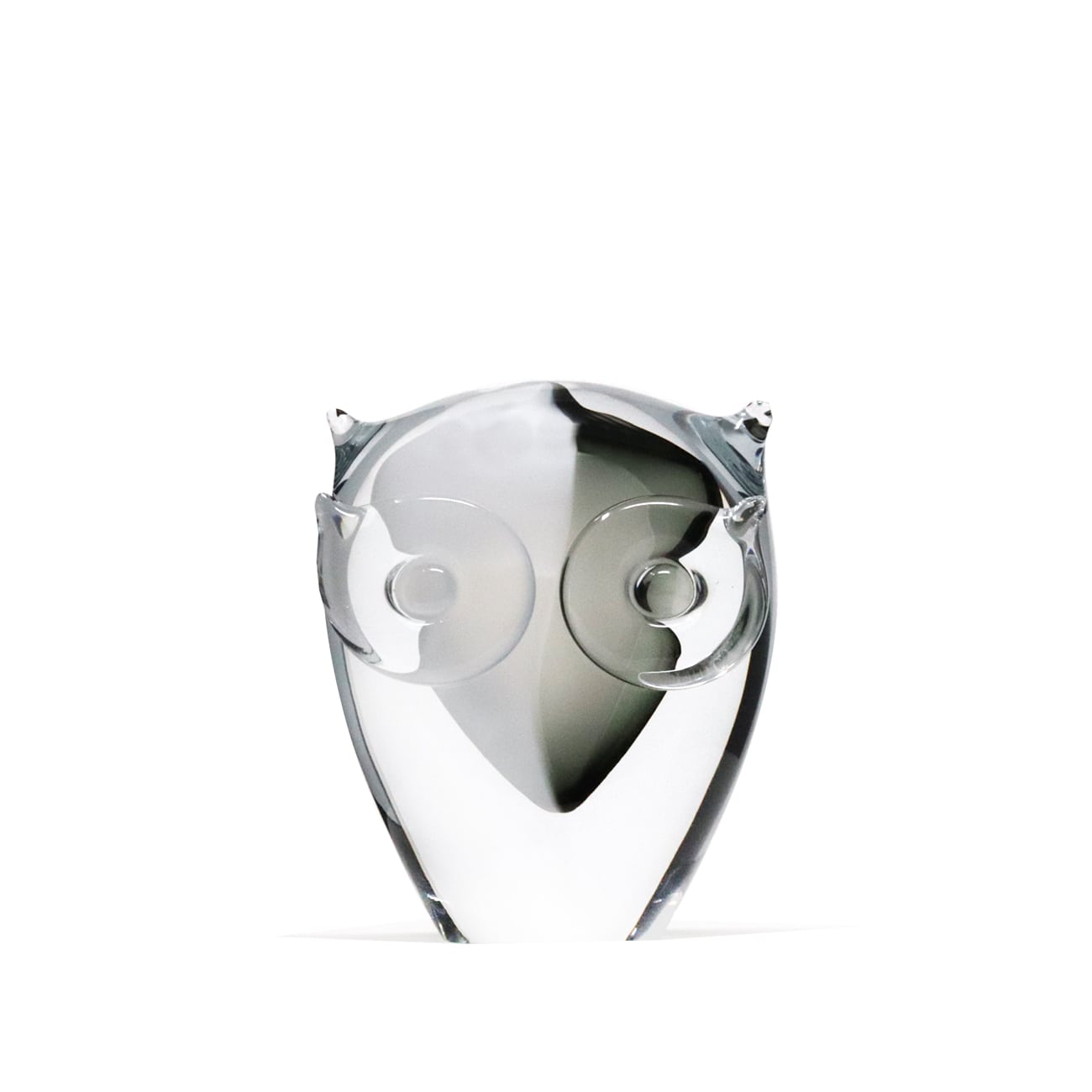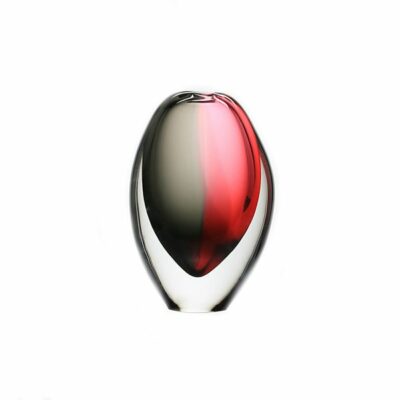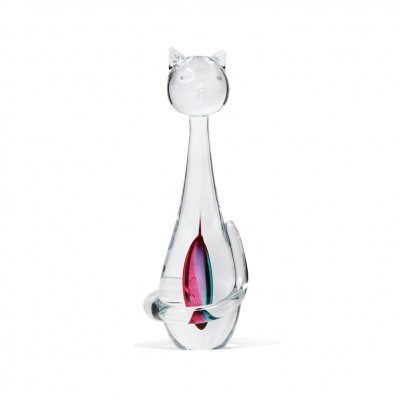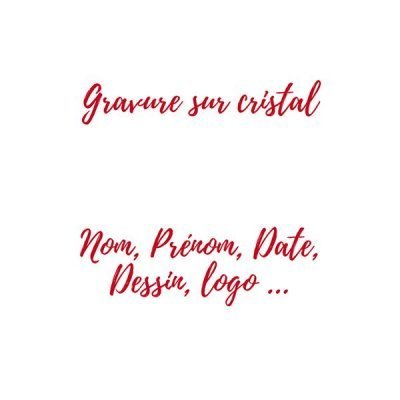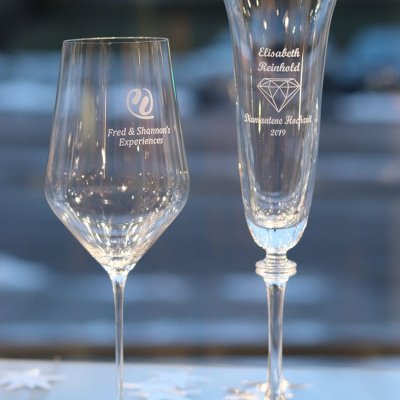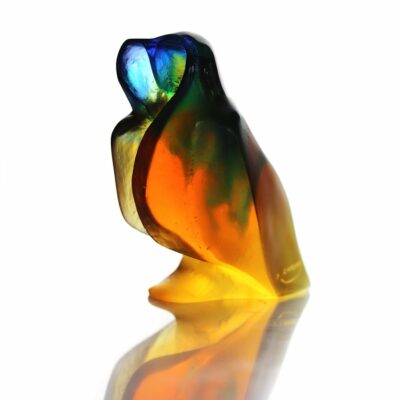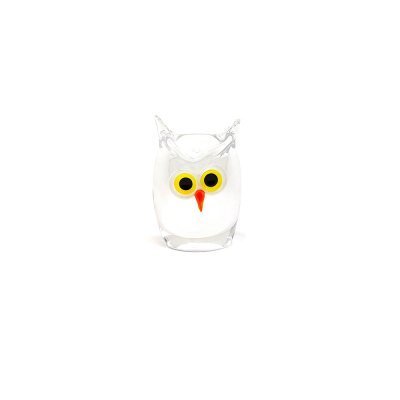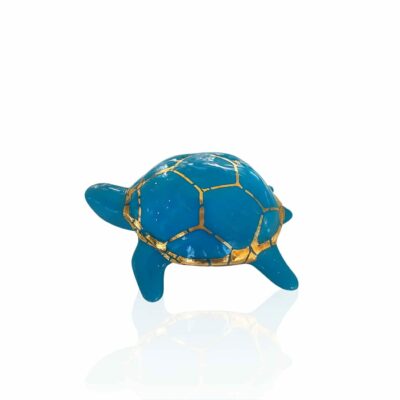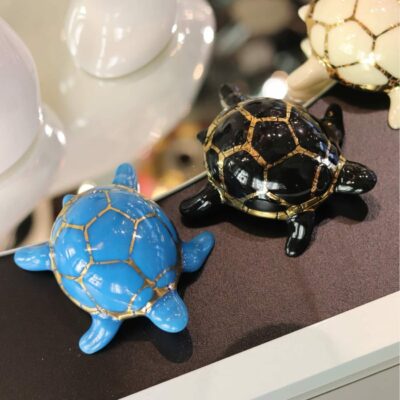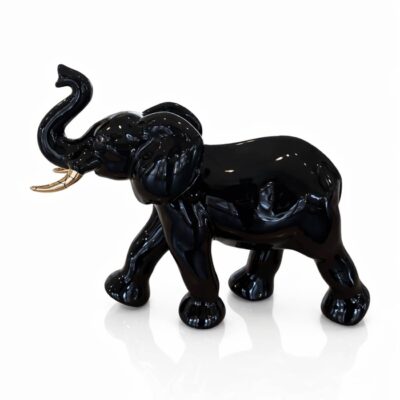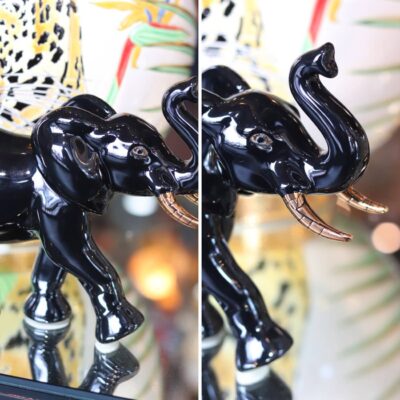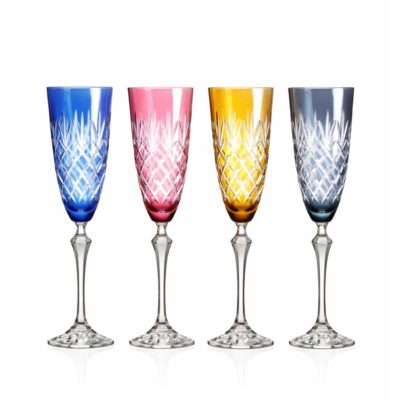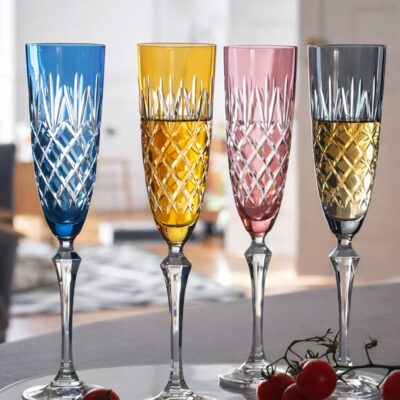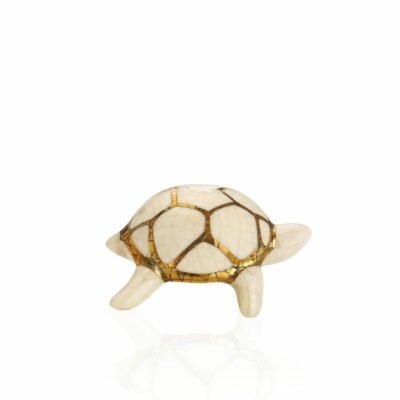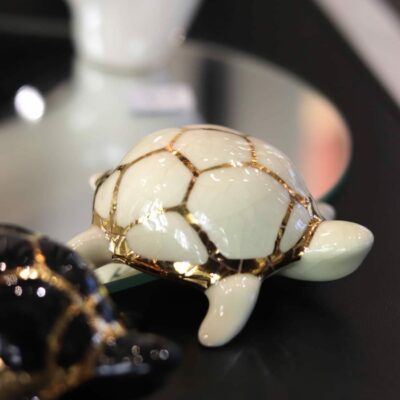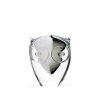WE PROVIDE INSURANCE FOR YOUR ORDER
With more than 138 years of experience, our export team takes the greatest care to package each order. A damaged product? We will send a new one. A lost parcel? We will send a new one. The shipping cost include an insurance break and lost.
CUSTOMER REVIEW
ENJOY TAXFREE
For a delivery outside the European Union, you can pay your order without VAT. Please, use the coupon code FREETAX into your cart.
RECEIVE A GIFT
We take care of our customers. For each order, you can select a gift in you cart. More you buy, bigger the gift is. Follow this link to discover the gift list.
WIN FIDELITY POINTS
We reward your fidelity. Each order allows you to win fidelity points, that you can use for your next order. Enjoy extra discount. Don't forget to creat an account or to login into it. Learn more ?
ADDITIONNAL INFORMATIONS
WHITE CRYSTAL OWL ART DECO :
WHITE CRYSTAL OWL ART DECO, Craft crystal owl 24 % of lead, collection Art Deco. The style goes towards the art deco and modern movement, the decorative object which joins perfectly in the contemporary environment.
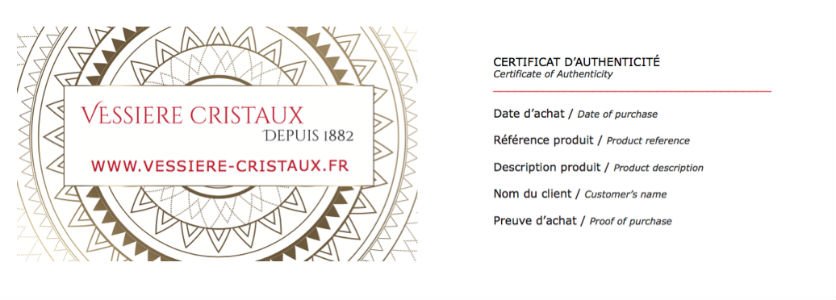
♦ CRYSTAL HISTORY :
In France, factories in the Lorraine has been manufacturing “beaux verres de table, verre de Bohême et cristaux” since their establishment in the early eighteenth century. However, early on, French glasswares consistently were of a lesser quality than those made in the other European glass centers. In an effort to invigorate France’s lackluster domestic glass production, during his tenure as minister of the interior Jean-Antoine Chaptal (1756-1832), a noted chemist, established in 1801 La Société d’Encouragement pour l’Industrie Nationale.
The juried exhibitions sponsored by the society were instrumental in forwarding French advancements in glass chemistry. Among those to whom the society awarded prizes over the years are Jean-François Robert (1838, for his painted opalines) and L.Joseph Macs, cofounder of Clichy (1849, for his innovative boracic glass). Partly as a result of the society’s efforts, French glass could finally compete with and would eventually surpass that of the other Continental glasshouses. In fact, many of the advancements in glass technology recognized by the society would prove essential to the fluorescence of French paperweight manufacturing in mid century. The beautiful glass work of Baccarat, Saint-Louis, Le Creusot, established a fulcrum for the seemingly oxymoronic vivacity and refinement that would characterize the widely imitated “French School” of glassmaking. The juried international exhibitions held in London in 1851 and 1867 provided a further impetus for manufacturers to produce exceptional and self-consciously novel designs.
Today, the manufacture of crystal goes according to original techniques. The mixture of sand ( silica ), potassium carbonate and lead oxide is heated to a temperature of 1450 ° C. The melt is then ” cured ” for several dozen hours for all the bubbles decomposition of carbonate, which contribute to making the blend , are eliminated . The mixture is then ready to be worked by harvesters , blowers and cutters in the state of the art and know-how of high-end crystal.

